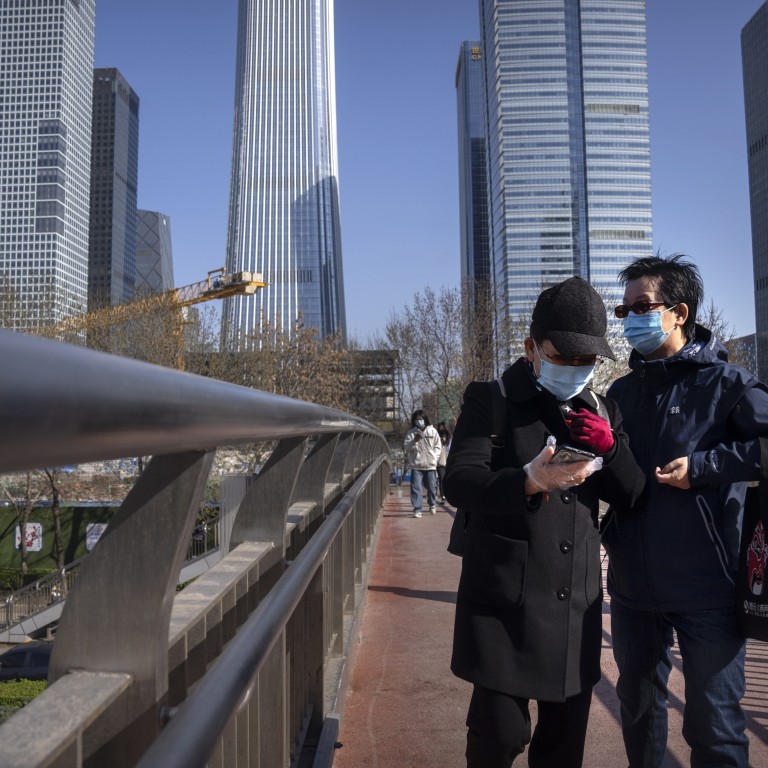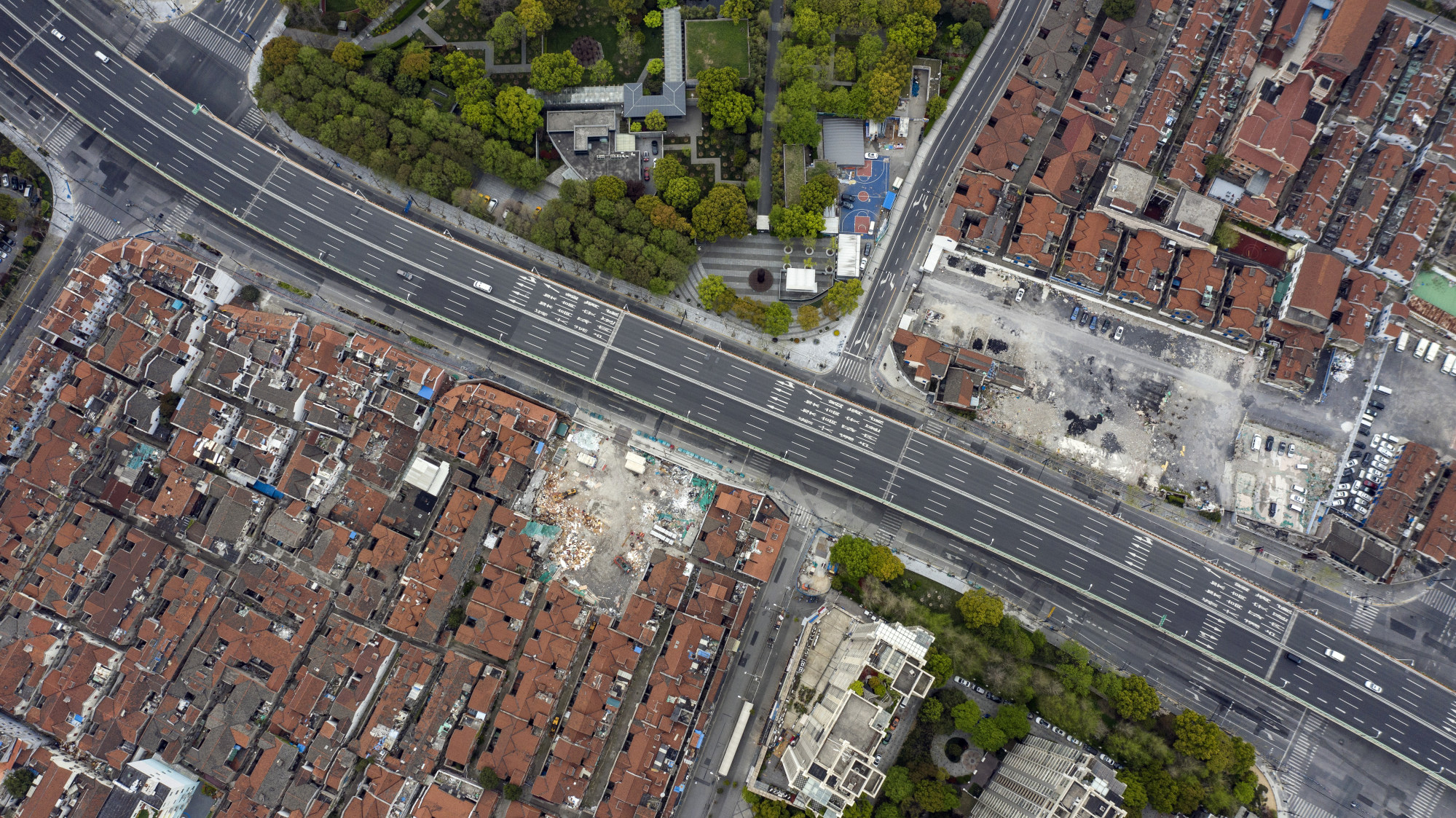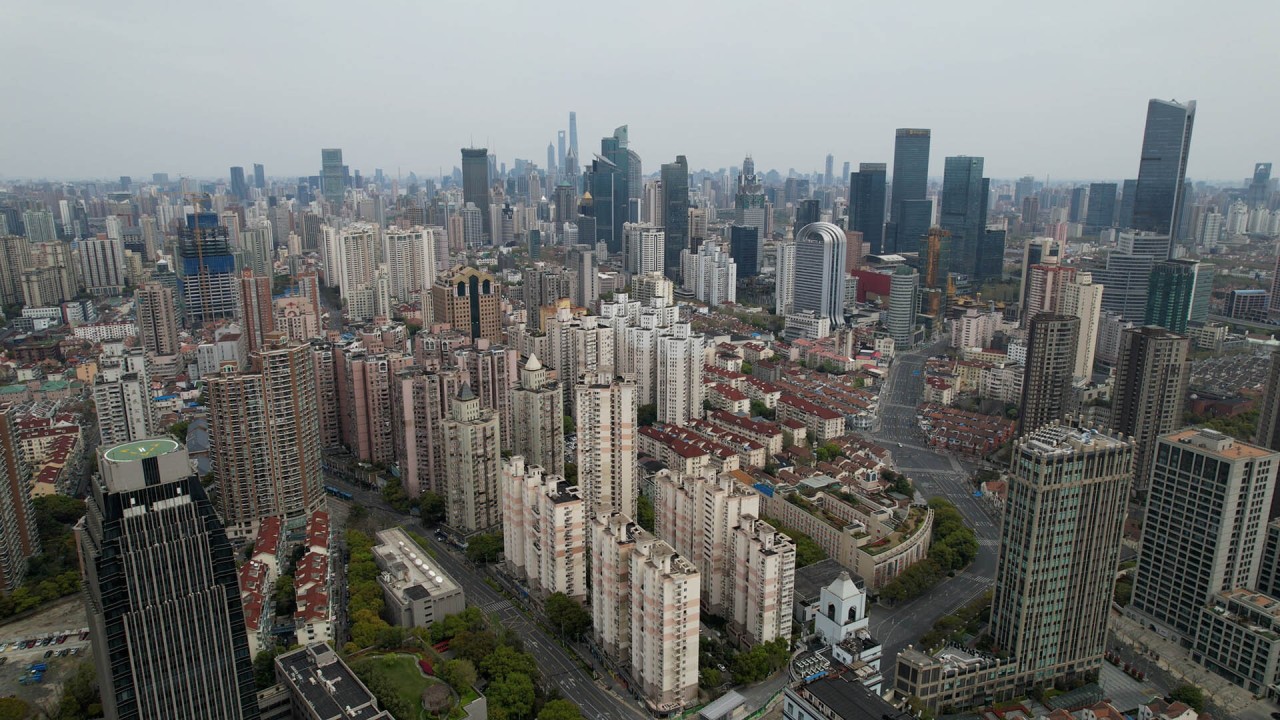
Bargain hunters lift Beijing’s secondary home market to 7-month high in March, but Shenzhen, Shanghai hit by Covid-19 lockdowns
- Transactions of lived-in homes in China’s capital almost double to 15,771 in March from a month earlier
- Covid-19 lockdowns hit markets in Shenzhen and Shanghai, where deals slumped 75 per cent and 32 per cent, respectively
The secondary housing market in Beijing picked up in March on favourable government policies, but slumped in top-tier cities like Shanghai and Shenzhen because of lockdowns to contain Covid-19 outbreaks.
Transactions of lived-in homes in China’s capital rose to 15,771 last month, nearly double that in February. It was also the highest since last September when the nation’s US$1.7 trillion housing market started to unravel following a string of defaults by major developers.
“Big cities like Beijing have a constant inflow of people and the demand is always strong,” said Yan Yuejin, director of Shanghai-based E-house China Research and Development Institute. “Bargain hunters come out when they perceive the uncertainties surrounding the uncertainties to have gone.”
The housing market slowed down in Beijing last year mainly because of the sudden collapse in demand, Yan said.

About 1,200 lived-in homes changed hands in Shenzhen in March, a year-on-year decline of 75 per cent. The southern Chinese manufacturing hub of 17.5 million residents was placed under a weeklong lockdown in mid-March to bring a coronavirus outbreak under control.
Shanghai, meanwhile, saw transactions drop 32 per cent year on year to 13,000. China’s financial capital of 25 million residents has been placed under a phased lockdown from March 28, as an Omicron-fuelled outbreak has been spreading rapidly. The city reported a record 13,354 cases on Monday.
“Once the virus situation is under control in Shanghai, and the current home quarantine restrictions are lifted, the housing market will improve,” Yan said.
China’s housing market is showing few signs of improving despite supportive measures rolled out by the central government and local authorities since late last year. Contracted sales at the nation’s top 100 developers slumped 47 per cent in the first quarter from a year earlier, as rising cases of debt defaults kept buyers on the sidelines, according to industry data.
Government authorities in small cities’ have already started taking action. More than 60 local governments have slowly ripped up old restrictive rules to revive a floundering property market in the first quarter.
“Small cities will need more time to restore buyers’ confidence and more encouraging measures after what they have seen last year,” Yan said.
Fuzhou, the capital of southern Fujian province, last week started allowing non-locals to buy homes in the city without providing any proof of mandatory residency or pension fund as security, a departure from regulatory norms.
The city’s secondary home sales fell 39 per cent from a year earlier in March.
Quzhou, in eastern Zhejiang province, which only saw some 400 transactions of lived-in homes in February, also lifted curbs on buying and selling last week.
Japanese investment bank Nomura suggested that Beijing was likely to allow more local governments to ease their property curbs and introduce interest rate cuts to support the sector.
“We expect the PBOC [People’s Bank of China] to cut policy rates by a moderate 10 basis points in April and cut the reserve requirement ratio by 50 basis points over the next couple of months,” said Lu Ting, chief economist at Nomura.


